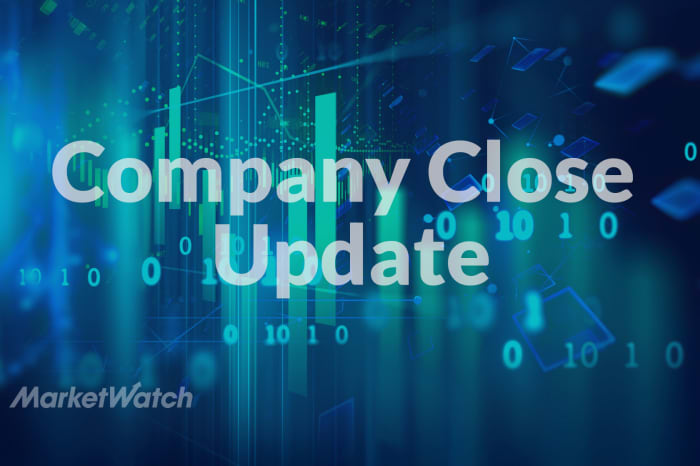Rwanda's Economic Boom: Projected 7.1% Growth in 2025 and 7.5% in 2026

Kigali, Rwanda – Rwanda is poised for significant economic expansion, with projections indicating a robust 7.1% growth in 2025 and an even more impressive 7.5% in 2026. This optimistic outlook was shared by Finance Minister Yusuf Murangwa during a press briefing on Thursday, signaling a period of sustained prosperity for the East African nation.
The Rwandan economy has demonstrated remarkable resilience and adaptability in recent years, navigating global challenges while steadily pursuing ambitious development goals. This projected growth is attributed to a combination of factors, including strategic investments in infrastructure, a burgeoning tourism sector, and a commitment to creating a favorable business environment. The government's focus on diversification, moving beyond its traditional reliance on agriculture, is also playing a crucial role.
Key Drivers of Rwanda’s Economic Growth
- Infrastructure Development: Significant investments in roads, energy, and digital infrastructure are improving connectivity and facilitating economic activity across the country. Recent upgrades to transportation networks are streamlining logistics and reducing costs for businesses.
- Tourism Sector Revival: Rwanda's stunning natural beauty, including its mountain gorillas and national parks, continues to attract tourists from around the world. The government is actively promoting sustainable tourism practices to maximize economic benefits while preserving the environment. Post-pandemic recovery has significantly boosted this sector.
- Business-Friendly Policies: Rwanda has consistently ranked highly in ease-of-doing-business surveys, thanks to its streamlined regulations, efficient bureaucracy, and commitment to transparency. This attracts both domestic and foreign investment.
- Diversification Efforts: The country is actively promoting growth in sectors such as technology, manufacturing, and financial services, reducing its dependence on agriculture and creating new economic opportunities. Special Economic Zones (SEZs) are being utilized to attract foreign investment and boost export-oriented industries.
Looking Ahead: Challenges and Opportunities
While the projections are encouraging, Minister Murangwa acknowledged that challenges remain. Global economic uncertainties, fluctuations in commodity prices, and climate change pose potential risks to Rwanda’s economic trajectory. The government is committed to mitigating these risks through prudent fiscal management and proactive policy interventions. Furthermore, continued investment in human capital – education and skills development – will be essential to sustain long-term growth.
The projected growth rates represent a significant achievement for Rwanda, showcasing its potential as a leading economic hub in East Africa. With a continued focus on innovation, investment, and good governance, Rwanda is well-positioned to achieve its development aspirations and improve the living standards of its citizens. The government plans to continue engaging with the private sector and international partners to foster a collaborative environment conducive to sustainable economic development.
The minister emphasized the importance of maintaining fiscal discipline and prioritizing investments that generate high returns. He also highlighted the government’s commitment to ensuring that the benefits of economic growth are shared equitably across all segments of society.





